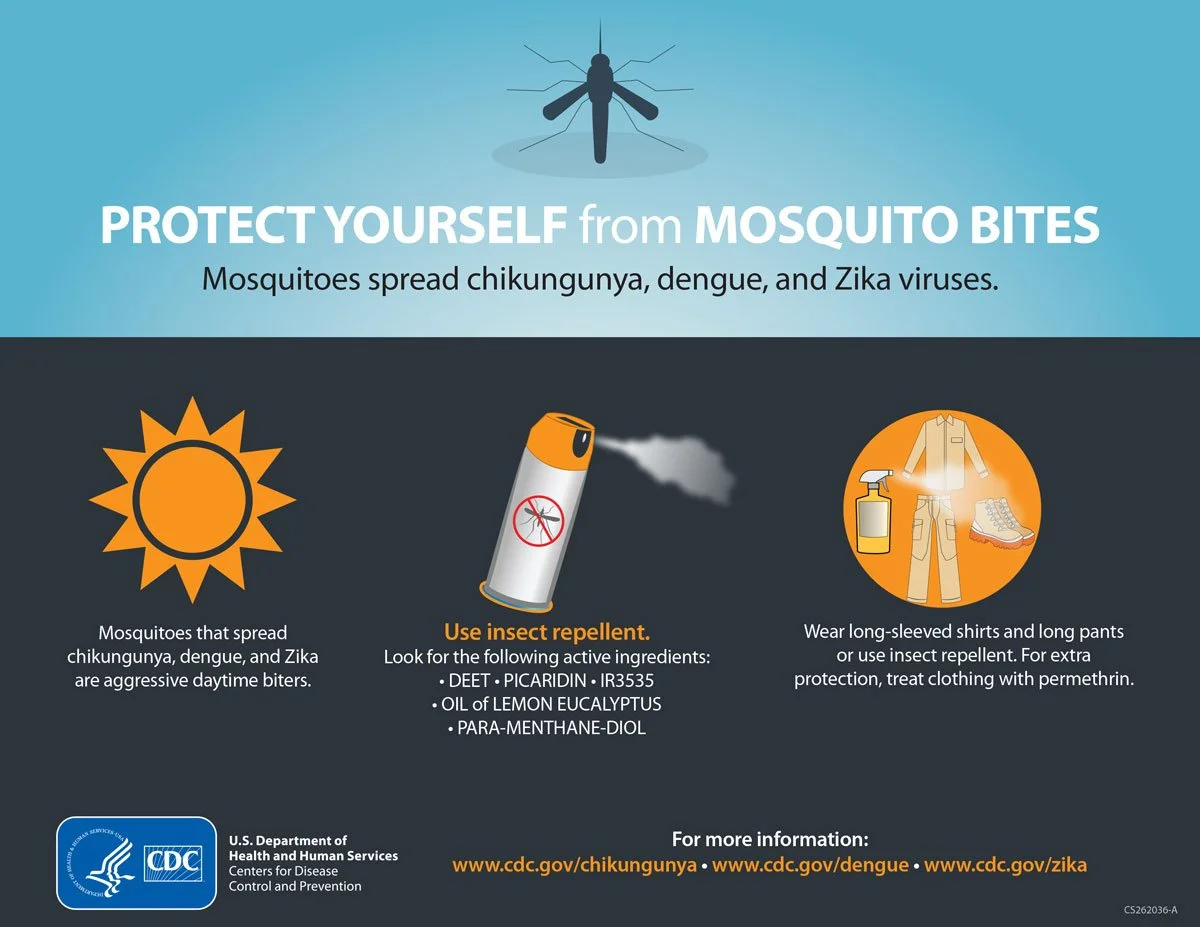Zika virus, Public Health & the Brazil Olympics
Since earlier this year, the building Zika virus pandemic has been mostly featured on the back pages of our newpapers. Most of us have heard about Zika, usually through sad photos of deformed newborns of mothers infected during pregnancy. Infection with the virus is usually mild or sometimes has no symptoms (although there are some high profile exceptions). The infected person can transmit the virus for months after recovery, if bitten by an Aedes mosquito that then bites and infects its victim. There is also documented person-to-person spread by sexual contact & the virus is also found in saliva. A vaccine is being tested in humans but may be years from use, and may have unforeseen complications. No antiviral medicine works.
Keep an eye on this map, updated by the Centers for Disease Control & Prevention (CDC). Zika is already here, with some local transmission by sexual contact. There will be local mosquito transmitted cases in Florida this summer, most public health experts agree. Local mosquito-borne transmission of Zika virus has been already reported in Puerto Rico, the US Virgin Islands, American Samoa (and effective July 2016 in Miami).
Given the high drama that continues since Ebola virus reached our shores in 2014, I was expecting a robust Public Health response to the Zika threat. This is only the latest of several tropical viruses that have spread to the US. It is disappointing where we are now. For local doctors in Florida, access to testing remains very limited & restricted. Zika virus vaccine development may take years. Despite direct appeals from state officials to both sides in Washington, as of June 2016, no funds have been approved to combat Zika spread.
The World Health Organization (WHO) response to the impending Zika pandemic is eerily reminiscent of its slow & disjointed Ebola effort in 2013-2014. A report published in the medical journal Lancet from researchers at Harvard & the London School of Tropical Medicine condemned the Ebola effort, calling it an "egregious failure", that contributed to “immense human suffering, fear and chaos”. WHO announced this year that the West African Ebola epidemic was over, and promptly new cases appeared.
Over 20 international experts in infectious disease have recommended to WHO that the Summer Olympics (scheduled for August in Brazil) be postponed or moved because of the Zika pandemic, which has infected over 4 million Brazilians. The athletes are not really the principal concern. Most of them will be well informed & shielded from mosquito exposure at the venues. On the other hand, 500,000 spectators can't be similarly protected. Since most Zika infections have minimal or no symptoms, many Olympic attendees will be returning home infected and communicable for months, spreading Zika even outside of mosquito prevalent areas by sexual contact and who knows by what other (as yet undiscovered) means.
My advice? Stay informed about Zika virus. Don't go to Rio or any of the affected areas. If you must travel there, protect yourself from mosquito bites. When you return, be aware that you may be carrying the virus with no symptoms, and follow guidelines to avoid infecting others. Follow the CDC and Florida Department of Health webpages to see when & where transmission occurs, and when widespread testing becomes available. And tell our political leaders to DO SOMETHING!

